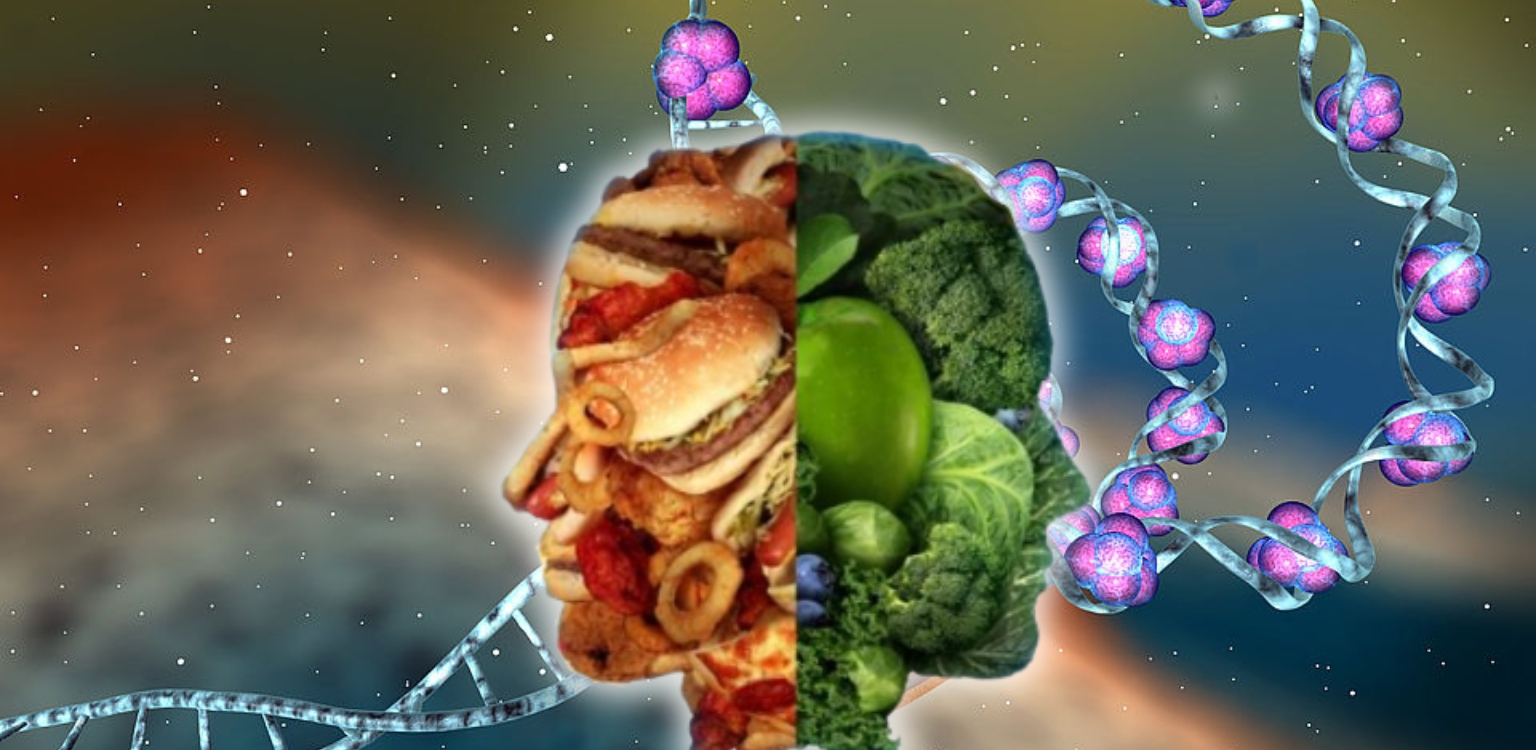Epigenetics, a rapidly evolving field, explores the intricate mechanisms that control gene expression, ultimately influencing disease risk, onset, progression, and regeneration. Nutrition, a crucial environmental factor, plays a significant role in epigenetic regulation, with the potential to modulate gene expression and cellular pathways implicated in various diseases, including neurological disorders.
Epigenetics and Neurological Disorders
Epigenetic mechanisms, such as DNA methylation, histone modifications, and non-coding RNA regulation, are intimately involved in executing fundamental genomic programs, including gene transcription, post transcriptional RNA processing and transport, translation, X-chromosome inactivation, genomic imprinting, retrotransposon regulation, DNA replication, and DNA repair and the maintenance of genomic stability. For the nervous system, epigenetics offers a novel and robust framework for explaining how brain development and ageing occur, neural cellular diversity is generated, synaptic and neural network connectivity and plasticity are mediated, and complex cognitive and behavioural phenotypes are inherited transgenerationally. Epigenetic factors and processes are implicated in nervous system disease pathophysiology through several emerging paradigms, including mutations and genetic variation in epigenetic factor expression, localization, and function; epigenetic mechanisms modulating disease-associated factors and pathways; and the presence of deregulated epigenetic profiles in central and peripheral tissues.
Epigenetics and Nutrition: A Bridge to Long-Term Health and Disease Prevention
Exposure to nutritional imbalance during early life can influence disease risk lifelong and across generations. Epigenetic marks are proposed as innovative diagnostic biomarkers and potential targets in the prevention of diseases. However, a number of uncertainties make them difficult to use in clinical approaches in the context of early exposure to nutritional challenges. Active investigations in this field are still needed before clinical applications are considered.
Alterations in the nutritional or dietary balance are one of the most common challenges for an organism over a lifetime. They can be the root of a wide range of diseases, including metabolic, cardiovascular, and neurological diseases, as well as cancer. While in adulthood, the health impact of a transient challenge can be reversed by restoring the nutritional balance, this is more deleterious early in life. Early developmental challenges can induce both short and long-term consequences.
Personalized Nutrition and Epigenetics
Genetic and epigenetic factors play a crucial role in personalised nutrition. Nutritional epigenetics, a rapidly expanding field of research, focuses on the natural modulation of the genome as a non-invasive, sustainable, and personalised alternative to gene-editing for chronic disease management. Genetic differences and epigenetic inflexibility resulting in abnormal gene expression, differential or aberrant methylation patterns account for the vast majority of diseases. The expanding understanding of biological evolution and the environmental influence on epigenetics and natural selection highlights the potential for natural modulation by the less understood epigenetic modifications such as nitrosylation, glycosylation, phosphorylation, and serotonylation.
What is the relationship between nutrition and epigenetics ?
The relationship between nutrition and epigenetics is profound and intricate. Nutrition plays a crucial role in influencing gene expression through epigenetic mechanisms. Nutrients from our diet can impact the epigenome by affecting processes like DNA methylation and histone modifications, which regulate gene expression. For example, methyl-donating nutrients like folic acid, B vitamins, and SAM-e are essential components of the methyl-making pathway, influencing gene silencing through methylation. Studies have shown that dietary factors can alter epigenetic marks, leading to changes in gene expression patterns that can have long-lasting effects on health and disease risk. The field of nutritional epigenetics explores how bioactive food components interact with molecules controlling gene expression, highlighting the significant role of nutrition in shaping our epigenome and overall health.
What are some specific nutrients that can influence epigenetics ?
Specific nutrients that can influence epigenetics include folate, vitamin B12, vitamin B6, riboflavin, methionine, choline, betaine, retinoic acid, resveratrol, curcumin, sulforaphane, and tea polyphenols. These nutrients play a crucial role in DNA methylation by regulating levels of the universal methyl donor S-adenosylmethionine and methyltransferase, thereby modulating epigenetic patterns and gene expression. Additionally, dietary components like folic acid, B vitamins, and SAM-e are key in the methyl-making pathway, impacting gene silencing through methylation and altering gene expression patterns, especially during early development.
Conclusion :
In conclusion, the intersection of nutrition and epigenetics offers a compelling avenue for promoting long-term health and disease prevention. The intricate relationship between dietary factors and epigenetic mechanisms underscores the importance of a balanced diet in modulating gene expression patterns and influencing overall health outcomes. Specific nutrients, such as folate, B vitamins, and various phytochemicals, play crucial roles in regulating epigenetic processes like DNA methylation and histone modifications. Understanding how dietary components interact with the epigenome provides valuable insights into personalized nutrition strategies for chronic disease management. However, while promising, the field of nutritional epigenetics requires further research to elucidate its full potential in clinical applications. Continued exploration in this area holds the key to unlocking innovative approaches for improving health outcomes and preventing a wide range of diseases across the lifespan.
Citations:
[1] https://www.ncbi.nlm.nih.gov/pmc/articles/PMC6822391/
[2] https://www.ncbi.nlm.nih.gov/pmc/articles/PMC9305224/
[3] https://onlinelibrary.wiley.com/doi/10.1002/mnfr.202200077
[4] https://www.freethink.com/health/new-ai-predicts-cancer-survival-using-epigenetics
[5] https://www.ncbi.nlm.nih.gov/pmc/articles/PMC7750768/
[6] https://www.nature.com/articles/s41467-018-05778-1




